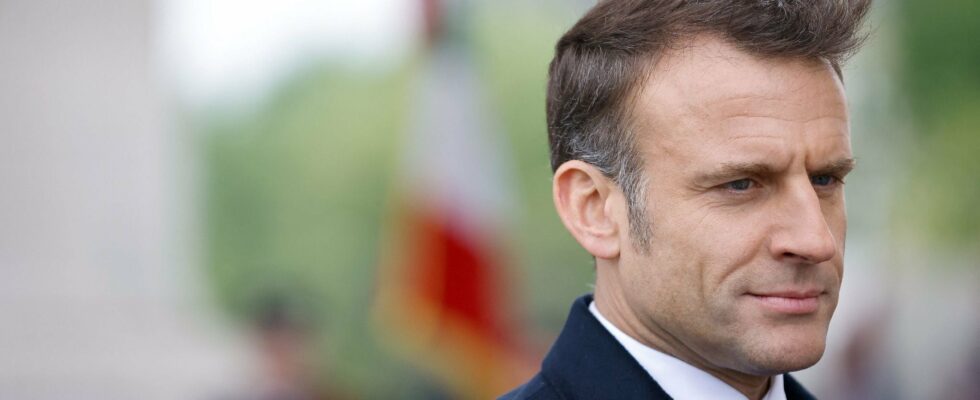The exchange remained famous. On April 28, 1988, New Caledonia took part in the debate between the two rounds of the presidential election between François Mitterrand, outgoing president, and his Prime Minister, Jacques Chirac, after only half a year. hour. The first calls for “dialogue” and criticizes the government for “brutality”. The head of government counterattacks: “I went there 11 times.” The tone rises violently, until this famous line from Mitterrand: “The way you said ‘Order reigns’ made me think of a famous phrase, it was about Warsaw, I’ll stop there.”
Already that year, four gendarmes were killed in a hostage-taking. On Wednesday, a gendarme died of his injuries a few minutes after Emmanuel Macron declared a state of emergency on the archipelago. Four deaths in a few hours, the return to order, therefore, first of all, at a time when the authority of the State, here as there, is challenged more and more openly every day. The state of emergency allows measures derogating from common law, such as house arrest, it also makes breaking the curfew a criminal offense, which is why the Head of State asked the government to decree it.
The Elysée considers that the violence which has spread in recent days does not primarily call for a political response, insofar as it would have “an uninhibited and villainous dimension”. Even the Kanak and Socialist National Liberation Front does not really have any control over the actions of the Field Action Coordination Cell, believes the executive, for whom this movement is not the expression of a demand for ‘independence. “The violence that is expressed has nothing to do with politics,” insisted the Minister of the Interior, Gérald Darmanin, before the senators on Wednesday afternoon.
It is then that politics could regain its rights. With an almost existential challenge, which Emmanuel Macron summed up in 2023, when he spoke of the need to “find paths to the future […] in a consensual manner”. In other words, neither independence nor the status quo. Which supposes that the separatists agree to turn the page on this fight which has been their raison d’être for decades. The last three referendums were as many defeats for them – if they boycotted the last one, it was because they knew they were going to lose it.
Time is counted
How then can we succeed in the current climate, electrified by the thunderous declarations in France, in bringing everyone back to the table? Now that the constitutional bill on the unfreezing of the electorate has been adopted by both the National Assembly and the Senate, the Elysée wants to use the calendar as a means of pressure, while knowing that time is counted and that the next provincial elections cannot be postponed indefinitely. This is where the circle is squared.
Before his first trip to New Caledonia as president, Emmanuel Macron was surprised to find that he could not make announcements in many areas, because they fell under the jurisdiction of the territory and not the State. This time, the government proposed, in vain, a nickel pact. Its room for maneuver is narrow.
Finding the actions to restore harmony is therefore a perilous exercise. Gabriel Attal, who has so far stayed away from the issue, should receive all the Caledonian officials if they agree to come together soon to Paris. A meeting with Emmanuel Macron would then be organized. But on one condition, already set by the Elysée: that it is a “culmination” and not a simple “choreography”.
